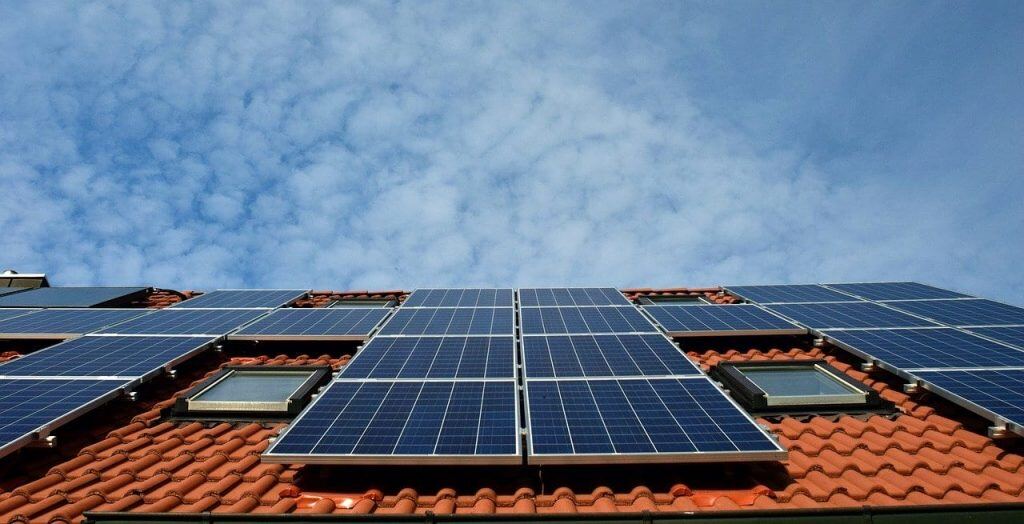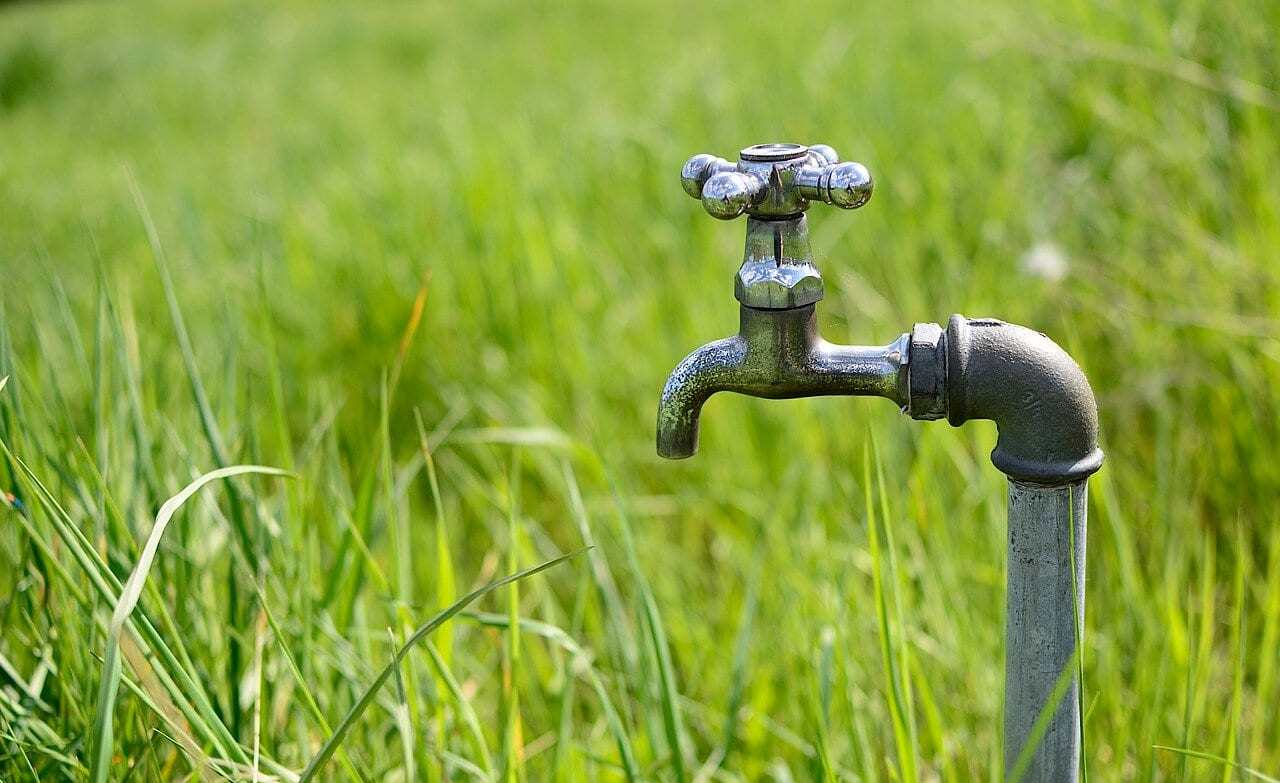When you invest in a Tiny house, one of the questions that inevitably arises is the connection to water and electricity. Several solutions are available to ensure you have all the autonomy you need to live there.
You can opt for an installation that allows you to leave whenever you like, or simply set up a "hard" installation if you've decided to leave your Tiny House on a plot of land for a longer period.
In this article, Quadrapol presents the different solutions for lighting and heating your home, as well as all the solutions for guaranteeing access to the water you'll need for cooking and showering.
Solutions for total autonomy wherever you are
For electricity: a solar generator
The first advantage of a solar generator is that you don't need an extension cord, or a long cable to pull, which is not only unattractive to look at, but often difficult to install. The second advantage is that it will cost you less, since the energy you produce comes from the sun.
What do you need? Four basic elements:
- The solar panel, of course, which should be chosen according to your electricity needs. If you simply want to light up your home, a panel of between 20 and 30 watts will be more than sufficient.
- The battery to conserve the energy created by the sun.
- A charge controller to regulate and ensure the charge of your battery. There are two types of charge controller: PWM and MPPT. For small installations and power ratings of less than 150 watts, a PWM regulator is sufficient, as it's more affordable. Their sole role is to adapt the voltage of the solar panels.
- A voltmeter to check your panel's charging current and your battery's voltage.

For water: rainwater is your friend
Recovering resources from nature is much more pleasant and less expensive! As long as the filters installed are changed regularly, you'll be able to clean, cook, shower and, above all, drink reclaimed water.
Drinking rainwater? Really?
The choice is yours! Although the French government prohibits the consumption of rainwater, we met Jonathan and his partner, who are now able to drink rainwater thanks to their installation. To find out more, watch the video below:
If, however, you decide to opt for a tank, you should be aware that it can sometimes be complicated to transport, but it can also represent an additional load when you travel with your Tiny House.
The ideal way to ensure your autonomy is to install a rainwater harvesting system. So, yes, if you're staying in dry areas, you'll certainly need to find a system to top up the amount of water you've collected, but it will also certainly enable you to reduce your consumption and further preserve our beautiful natural environment.
Solutions for Tiny houses installed on land for the long term
For water and electricity, you'll need to install connections. Generally installed in trenches, the cables are buried with safety nets to prevent any accidents should someone decide to dig up the area again one day. It would be a shame if your pipes ended up damaged.
Once your electrical cable has been laid, you'll need to connect it to your switchboard. As for the water, you'll need to remember to use a protection device to prevent the hose from freezing, and connect it to your Tiny house valve.
Now all you have to do is test it! And if that doesn't work, fortunately for you, Quadrapol has thought of everything and will take care of the necessary installations to guarantee your autonomy!



